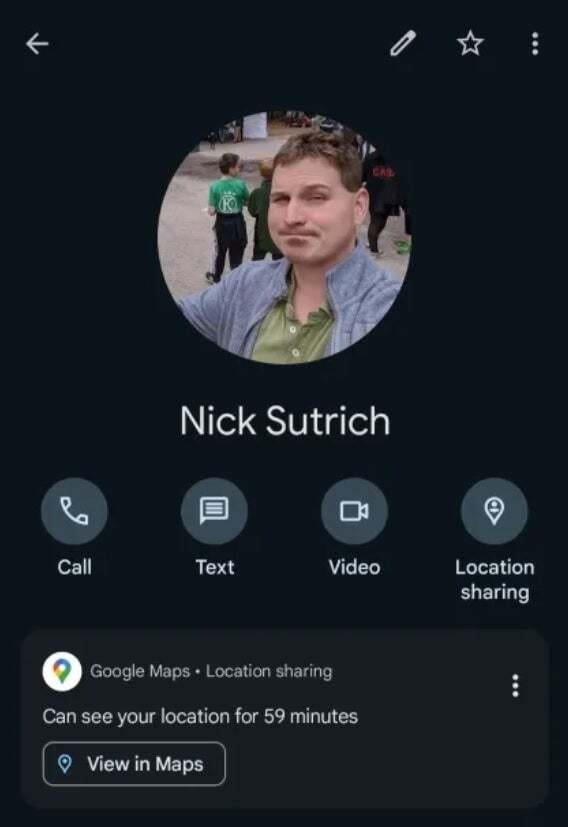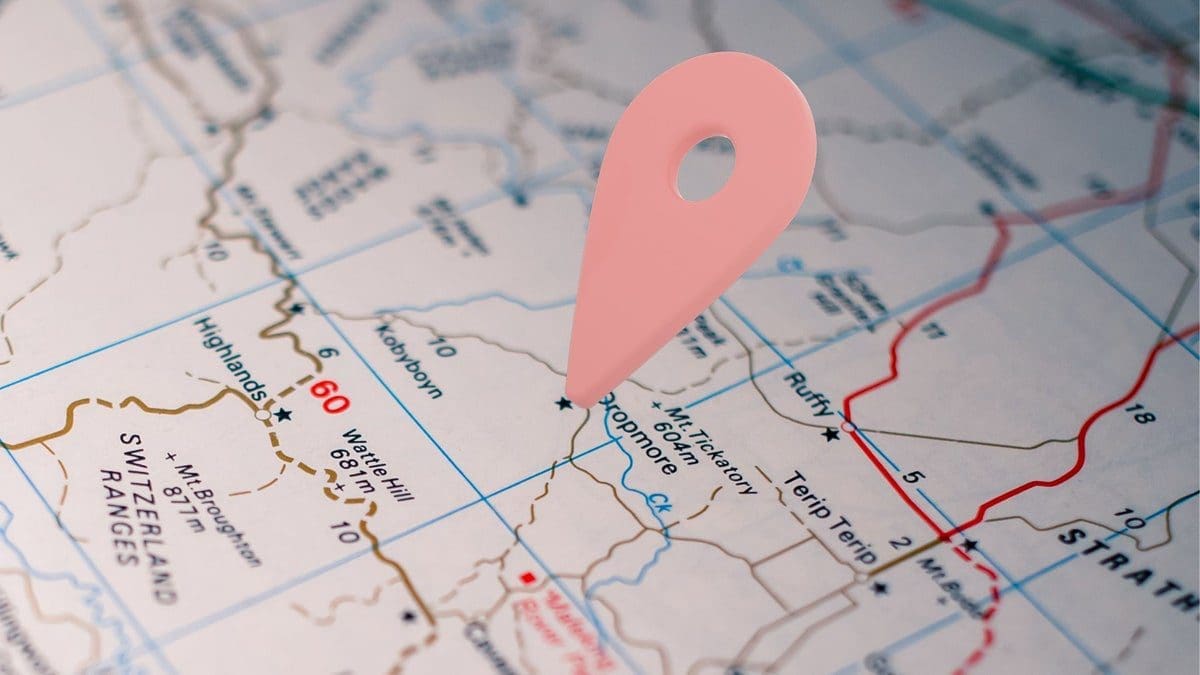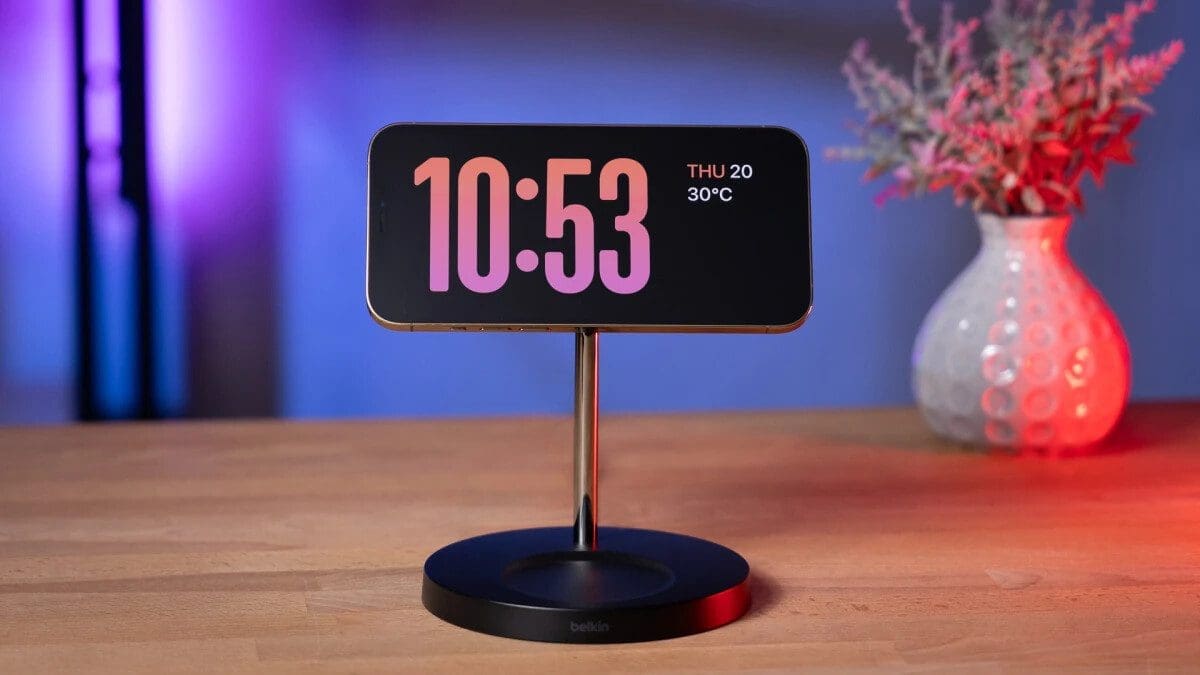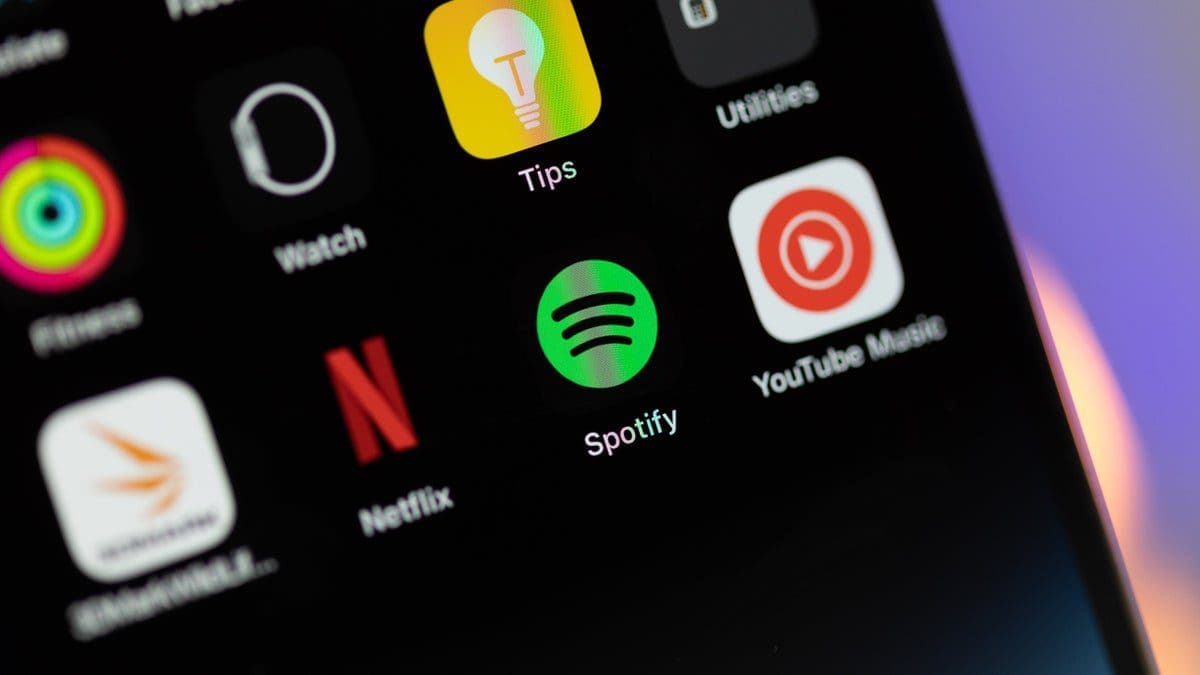In today’s hustle and bustle, where our loved ones are scattered across different cities or even countries and continents, staying in touch and making sure they’re all right is key. Thanks to tech, it’s a breeze to maintain those connections and keep an eye on where they’re at, especially with the tracking features on our smartphones.
Now, I get it—there’s the whole privacy thing and worries about data misuse. But truth be told when handled right, location tracking can be a game-changer for peace of mind and the safety of your family and close people.
Before we get into the nitty-gritty of setting up location tracking on an Android phone, remember one golden rule: get the green light from the person you’re tracking. It’s all about trust and respect, folks!
Tapping into the potential of location tracking
In the hands of caring folks, location tracking can be a powerful tool for ensuring the safety and well-being of your loved ones. Maybe you want to be sure your kiddo is cruising safely through life by staying in the loop about their whereabouts.
Parents can check on their youngsters as they zip to school, hit up after-school activities, or hang out with friends. Or it could be about staying connected with older family members living alone. The peace of mind can be priceless, especially when life throws unexpected curveballs.
Location tracking on Android
The easiest way to use location tracking is Google Maps, the go-to navigation app that offers a simple way to share and check out location data. Quick heads up, though—both parties need to be on board for the location-sharing to happen.
Here’s a step-by-step guide on how to use it:
- Open Google Maps on your Android device.
- Tap your profile pic icon in the top right corner to access the side menu.
- Choose Location sharing from the menu.
- Select the profile of the family member you wish to locate, and voilà, their real-time location will be prominently displayed on the map.
The latest Contacts app update: A smoother tracking experience
Google just jazzed up its Contacts app with a feature that makes sharing and handling location info a walk in the park. This feature works for contacts who share their location with you in Google Maps and have their Gmail tied to their Contacts card.
Look for a little section at the bottom of the screen—it’s the Google Maps-Location sharing zone. There, you can see if the other person knows where you’re at and, if they do, how long they’ll have that intel.

Just a heads up: If your Android phone does not have Google Contacts, hit the Play Store to get in on the action. And remember, this hot-off-the-press feature might take a bit to roll out everywhere, so be patient.
Alternative tracking methods: Meet the Google Family Link app
While Google Maps and the Contacts app are popular options, other tracking apps are also available for Android devices. You can, for instance, download and install Google’s Family Link app. Google’s Family Link is a free app designed for following your child’s whereabouts and monitoring their device usage.
What’s the difference between using Google Maps and the Google Family Link app you may wonder? While Google Maps is your location guru, Google Family Link takes it up a notch, doubling as a parental control wizard for kiddos under 13. It lets you manage screen time, approve apps, and keep tabs on web browsing.
Ready to roll with Family Link? Here’s your cheat sheet:
- Download the app: Grab it on both your and your kid’s devices.
- Parent account: Open Family Link on your device, hit “Start,” and sign in.
- Add your child: Tap “Add child” and follow the steps to create or link their Google account.
- Link them up: On your kid’s device, open “Settings,” go to Google then Parental controls and follow the steps.
- Set controls: Back on your device, open Family Link, select your child, hit “Controls,” and rule the screen time, app downloads, and web restrictions.
Bonus features include tweaking location settings, geofencing, and even remotely locking your kid’s device if needed.
Consent: The cornerstone of responsible tracking


Let’s get real—when it comes to location tracking, consent is non-negotiable. Tracking someone without a green light? Total no-go, not to mention it’s against the law and a huge privacy invasion. Before you hit that track button, make sure everyone’s on board.
While tracking apps give that sense of security in knowing where your family is, don’t go all-in on tech. Trust and connection? They’re the MVPs in building solid family bonds. Relying too much on constant tracking? That’s a recipe for distrust and a privacy breach that could shake up family dynamics.
To build trust, lay the cards on the table with open and honest talks. Listen up to what your peeps are saying, explore different solutions, and find that sweet spot that works for everyone. Think of tracking apps like a cool tool in your family safety kit, not the whole kit.
Protecting your privacy: Keeping an eye on your trackers
It’s smart to know what’s up with your location data. The good news is you’ve got built-in settings to play the boss of your location permissions and tracking preferences. Give these settings a regular checkup to make sure only the trusted crew gets the lowdown on where you’re at.
Here’s the drill:
- Open your phone’s Settings app.
- Navigate to “Location.”
- Scan through the list of apps eyeing your location data.
And if you’ve got that sneaky feeling someone might be playing detective with your location, here’s your Sherlock checklist:
- Watch out for odd app requests: Make sure they only snatch the permissions they really need.
- Keep an eye on app behavior: If you spot apps popping up, lurking in the background, or sending weird notifications, it might be a red flag—they could be snooping on your location.
- Scan your installed apps and be on the lookout for any mysterious ones you don’t remember adding. Those unknown apps might be sneaky trackers, possibly installed without you even knowing.
- Keep an eye out for unusual battery drain—it could be a clue that an app’s up to some sneaky tracking business.
- Watch out for a sudden data usage surge—it might mean your location data is on the move.
- Take a peek at your Google Maps location history. If you spot weird spots that don’t match your moves, it’s a red flag for potential unauthorized tracking.
Conclusion: A tool for security and reassurance
With consent, location tracking becomes a powerful ally for families, offering peace of mind and ensuring their safety. Android devices bring in the tech magic, helping families stay connected and informed about each other’s whereabouts. It’s all about fostering security and well-being.









